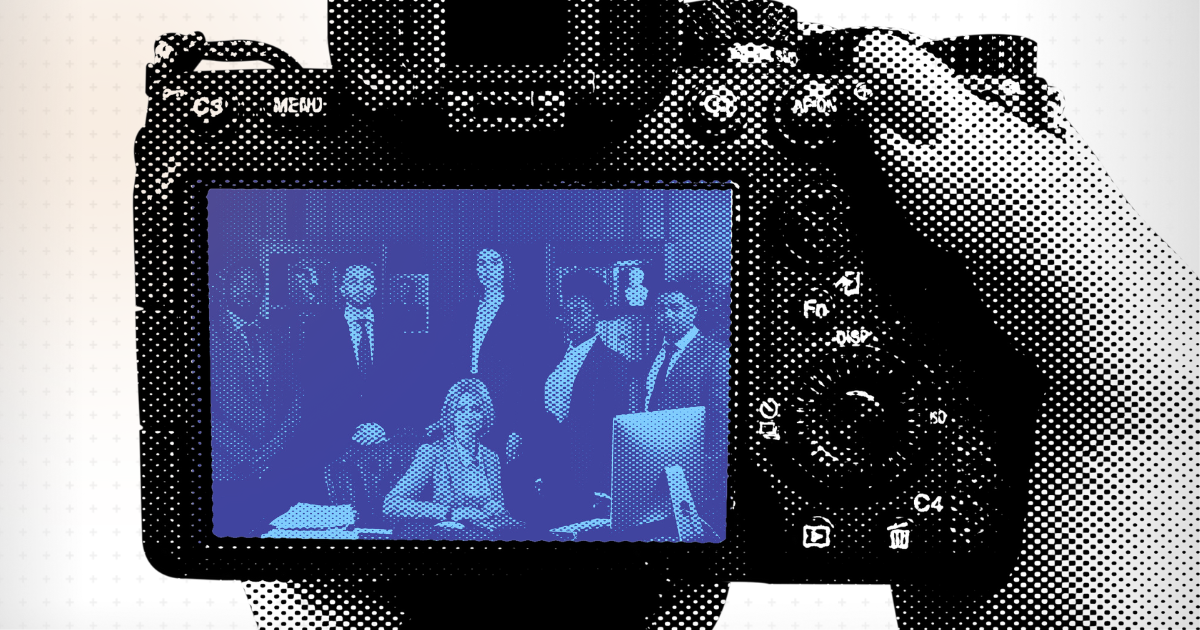For most of us, social media is a positive and social element in our everyday lives. Social media is also an important tool for employers and employees for communicating about their workplace culture, networking and marketing.
Unfortunately, the information available to most people also becomes available to others who may have malicious intentions. This requires us to be conscious of what we can share – and all the more importantly – what we cannot share about our workplace on such platforms.
What can I share about my job?
Most of us know that posting defamatory or criminal accusations on social media can be forbidden, but that we can otherwise express ourselves quite freely. In addition, there are some other limitations - namely, the duty of confidentiality and loyalty.
The duty of confidentiality means the obligation not to disclose confidential information an employee gains access to during work. The duty of confidentiality may be agreed upon, statutory, or a result of industry customs.
Duty of loyalty refers to the duty to act in the employer's best interest and to act loyally towards the employer. The duty of loyalty usually includes avoiding actions that could harm the employer.
We are legally obligated to comply with these guidelines through the employment contract or non-disclosure agreement we signed when we started in the position. As the general public, we must also adhere to several privacy considerations. For example, it's not okay to share photos and videos of others without their consent.
It is, therefore, very important that you are familiar with your employer's guidelines for mentioning the workplace on social media. In addition, you should be aware of how the employer relates to using social media during working hours in general.
 What should I be careful about sharing?
What should I be careful about sharing?
Confidential information about the company, customers or colleagues
When sharing about your job on social media, you should be careful not to reveal sensitive information about your employer, colleagues, or customers.
Such confidential information may include:
- Personal data and other information
- Information on financial matters and trade secrets
- Other sensitive information that may damage your employer's reputation or violate privacy policies.
You should also avoid sharing information about personnel matters, internal processes, or other information not intended to be publicly available.
Online information can be misused for crime
Many criminal actors use social media as a source of information to plan and carry out crimes. This is especially relevant in cases where someone wants to make targeted phishing attempts against individuals or organizations and in the case of financial fraud in general.
Other crooks are looking for information that can reveal the company's security level and measures so that they can carry out cyberattacks against the business or sell the information to other interested parties.
Some examples of information that can be misused are:
- Photos of employee access cards and access clearances.
- Images that show detailed information about your company's digital systems, such as login credentials, computer numbers, and IP addresses.
- Detailed descriptions of business roles and tasks on LinkedIn.
- Images from the workplace's restricted areas or images that reveal something about the employer's safety and security procedures
Create guidelines and good routines!
All this being said, visibility and profiling in social media are important for many workplaces. Many employers also want employees to showcase their workplace on social media. A good way for the workplace to facilitate sharing on social media without compromising privacy and information security is to create guidelines for mentioning the workplace online.
For you as an employee, there are also two specific things that can be wise:
- Maintain separate accounts for personal and professional purposes
- Always think carefully before publishing content. Conduct some form of "editorial" check on the content before posting, to avoid exposing of information that should have remained within the company's confines. Consult with the communication manager or a supervisor if you are unsure whether or not it is OK to publish the content.
In short: Be critical of what you post about your workplace; if you are unsure, it may be wise not to click "publish"!